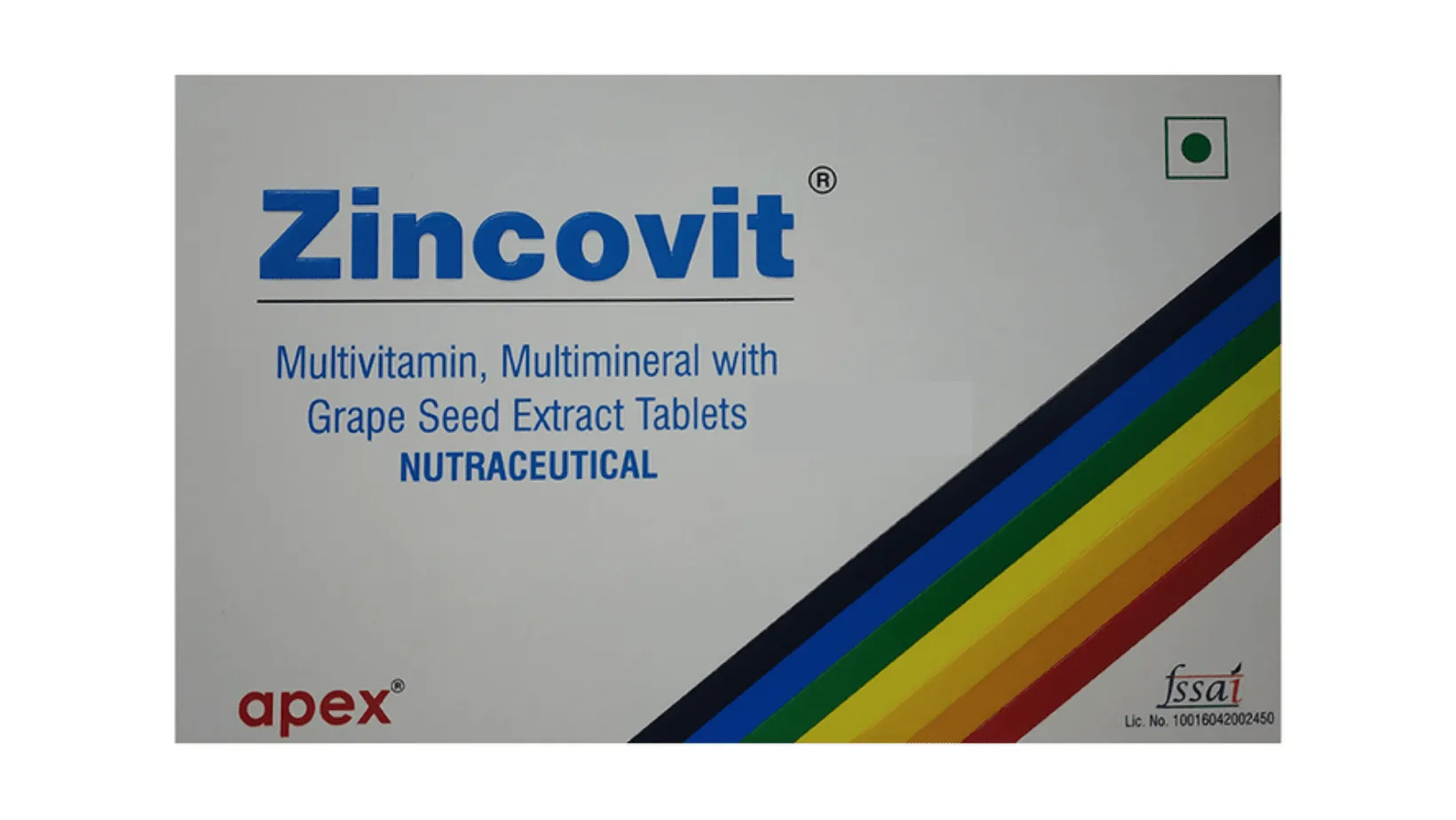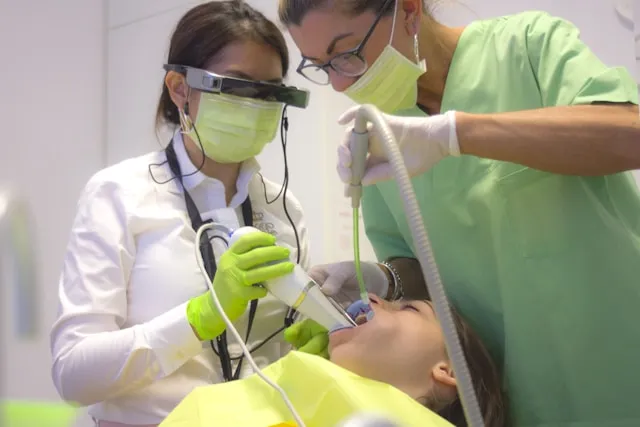Ever thought about how much your mouth tells you about your health? For many people living with disabilities, daily medication is non-negotiable. It’s what keeps symptoms in check and daily life manageable.
But there’s a side of that coin we don’t talk about enough: what those pills, syrups, or injections can do to your teeth, gums, and jaw over time. Medicines may keep the body stable, yet they sometimes create subtle or not-so-subtle trouble for oral health. If you notice any changes in your oral health, consulting an experienced Dentist in Toronto can help you address the issue early.
Why Medication Can Impact Your Mouth
Most medicines don’t come with a big red warning sign saying “May harm your teeth,” but the truth is, they can change the chemistry of your mouth in ways you wouldn’t expect. A small shift in saliva production. A tweak in pH levels. Even though your muscles move when chewing. Each can open the door to tooth decay, gum disease, or sensitivity.
Some examples? Muscle relaxants for mobility issues can make chewing slower and less effective, leaving bits of food to linger longer. Anti-seizure medications sometimes cause gum tissue to grow excessively, making it harder to keep the area clean. And over the months or years, the damage quietly builds. Knowing this connection early means you can step in before bigger problems show up.
Common Oral Side Effects of Disability Medications
The effects aren’t identical for everyone. The type of medicine, dosage, and even your general health all play a role. Below are some common changes that can creep in when certain medications are part of your daily routine.
1. Dry Mouth (Xerostomia)
When saliva flow slows down, often a side effect of medicines for neurological disorders, depression, or chronic pain, the mouth becomes a friendlier place for bacteria. Saliva isn’t just moisture; it’s the body’s natural cleanser, washing away food particles and neutralizing acids. Without it, the risk of cavities and mouth infections rises quickly.
2. Gum Overgrowth (Gingival Hyperplasia)
Anti-seizure drugs, some immunosuppressants, and calcium channel blockers can lead to thickened gum tissues. While it might sound harmless, it traps plaque deep in crevices, giving bacteria the perfect hiding place and making bad breath more likely.
3. Taste Alterations
Medications that alter taste perception can change how and what you eat. Some people find themselves craving sweeter or more acidic foods just to “taste” something, which unfortunately also feeds decay-causing bacteria.
4. Increased Risk of Oral Infections
If your medication suppresses the immune system, common after organ transplants or with autoimmune treatments, fighting off gum infections or oral thrush becomes harder. What would normally heal in days can drag on for weeks.
5. Bone Loss in the Jaw
Long-term use of corticosteroids or certain osteoporosis medicines can weaken jawbone density. The result? Teeth may loosen or shift, and in more advanced cases, tooth loss.
Examples of Common Medications and Oral Effects
|
Medication Type |
Possible Oral Health Effect |
Why It Happens |
|
Muscle relaxants |
Food debris buildup |
Reduced chewing efficiency |
|
Anti-seizure drugs |
Gum tissue overgrowth |
Stimulates excess cell growth in gums |
|
Antidepressants / painkillers |
Dry mouth |
Lowers saliva production |
|
Immunosuppressants |
Increased oral infections |
Weakens immune response in mouth |
|
Corticosteroids |
Bone loss in jaw |
Reduces bone density over time |
|
Calcium channel blockers |
Gum swelling and tenderness |
Changes tissue response to plaque |
How to Protect Your Oral Health While Taking Medication
Understanding the problem is one part. The next is prevention and management. These aren’t quick fixes; they’re ongoing habits that make the difference.
1. Stay Informed
Always check with your doctor or pharmacist about potential oral side effects when starting something new. Forewarned is forearmed. Even a brief conversation can help you prepare before symptoms appear.
2. Keep Your Daily Cleaning Solid
Two brushes a day sounds obvious, but you’d be surprised how often it slips when life gets busy. Use a fluoride paste, take your time, and don’t just drag the brush over the easy bits. Get in there. If floss feels like a fight, those small interdental picks can do the job without shredding your gums. And if your mouth feels like a desert, pick a mouthwash without alcohol, the kind that actually helps your mouth make more saliva instead of drying it out.
3. Don’t Skip the Chair Time
Dentists see things long before you feel them. A quick check can catch trouble early, save you pain, and keep you from spending half a day in the chair later. Regular cleanings clear the gunk you miss, even if you think you’re brushing like a champion.
4. Eat and Drink Like Your Mouth Matters
Too much sugar or acidic drinks will undo all that brushing. Not worth it. Load up on stuff that helps your gums hold strong, greens, cheese, and lean meats. And water isn’t just for thirst; sipping through the day keeps the mouth from drying out and bacteria from settling in.
Working With Your Dentist and Healthcare Team
Here’s where coordination pays off. Your dentist and physician should communicate about the medicines you take and the oral changes they might trigger. Bring a full medication list to every dental appointment, including supplements.
Sometimes dosage changes or alternative medications can reduce oral side effects without disrupting your primary treatment. Dentists can also suggest very specific care techniques, like targeted gum massages for overgrowth or special trays for fluoride treatments at home.
This teamwork approach means you aren’t just managing your disability, you’re also actively defending your smile from medication-related damage.
Practical Home Strategies for Daily Care
Not every fix for medication-related mouth problems has to come from a dentist’s chair. Plenty of small, at-home habits make a real difference if you stick with them. Think of them less like chores and more like maintenance you barely notice after a while.
Some people keep crunchy snacks, cucumber slices, and carrot sticks close by to keep the mouth working and saliva moving. Others swear by a quick warm saltwater rinse at night if their gums feel sore or puffy. A soft-bristled brush is worth the swap if gums are tender; no point in scrubbing them raw. And yes, plain water… all day. Not in one big gulp, but sips here and there so the mouth doesn’t dry out between meals.
Why Early Action Matters
Here’s the thing: tiny warning signs don’t stay tiny. That little bleed when you brush, the bad breath that doesn’t fade, the tooth that suddenly feels “different”… they all have a way of turning into something more expensive, more painful, and harder to undo. Catching changes early means your dentist can do less work, and you avoid the kind of treatment that eats up your calendar and your patience.
Get Expert Dental Care in Toronto Today
Finding a dentist who actually listens is not as easy as it sounds. The team at Dental Arts Toronto takes time to know your history, your comfort levels, and yes, even the little things you might worry about before sitting in the chair. The goal is simple: keep your teeth and gums in shape without making the process feel like a chore.
The clinic runs with modern tools and techniques, but it’s the people using them that matter. Whether it’s a routine cleaning or a more complicated fix, the approach stays careful and thorough. If you have a concern, it gets attention. If you need options, you hear them straight.
Making that first booking is often the hardest part. After that, you just keep showing up, and they keep your smile in good order. Call or drop by when you’re ready.
Frequently Asked Questions
Can changing medication improve oral health issues?
Sometimes yes. If the oral side effects are severe, your doctor may suggest an alternative drug or adjust the dose, but this should only be done under medical supervision.
Are dry mouth sprays safe for long-term use?
Most over-the-counter sprays are safe, but choose alcohol-free formulas. Your dentist can guide you to the right option if you use them regularly.
Can gum overgrowth go away on its own?
In mild cases, it can improve if the medication is changed. For more persistent cases, a dentist may need to remove excess tissue.
Reviewed by







.webp)